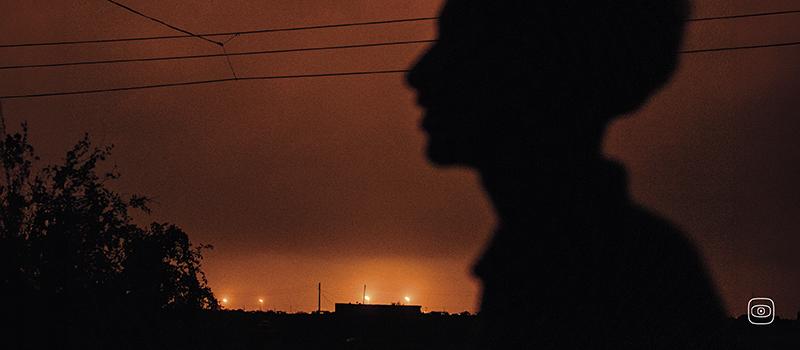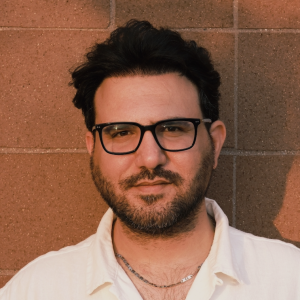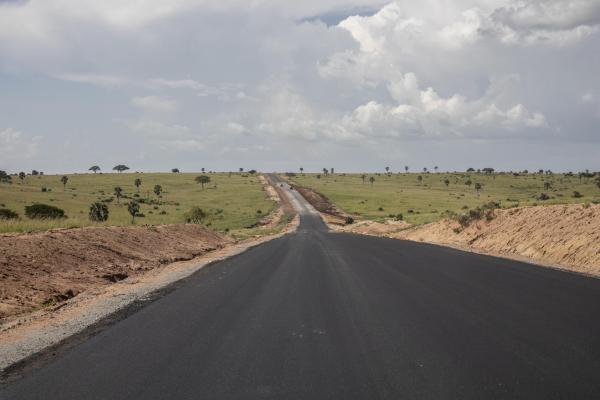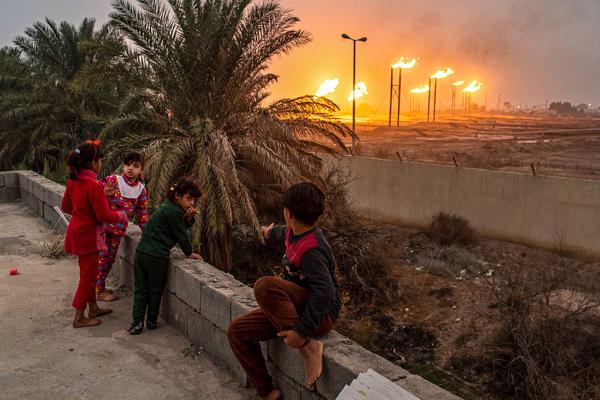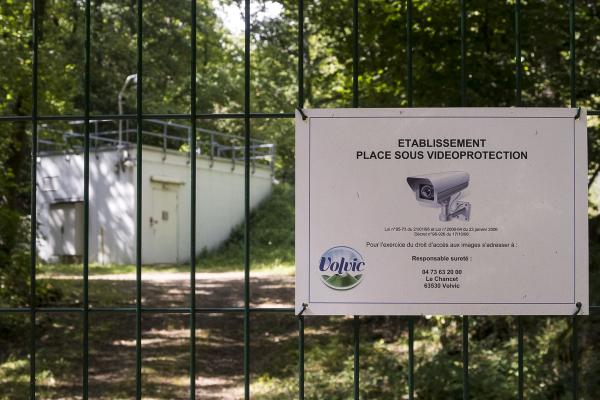This investigation is a follow-up to the "Price of Oil" project which was the winner of the 2024 European Press Prize.
Iraq is one of the countries most vulnerable to the climate crisis. The paradox of oil extraction is clear here: more oil means more water. Despite its immense oil wealth, Iraq's water resources are alarmingly scarce.
The oil industry uses up to three barrels of water for every barrel of oil extracted, which further depletes the country's already limited water supply. The Hawizeh Marshes, a UNESCO World Heritage Site and Ramsar-protected wetland, have suffered the worst of this destruction, as international oil companies — including PetroChina — expand their operations within the marshes, endangering the fragile ecosystem.
A lack of accountability and corruption have allowed these companies to operate with minimal oversight and evade responsibility for the severe environmental damage they cause. Failure to invest in the necessary infrastructure to mitigate the impact of extraction only exacerbates the crisis.
As a result, local communities suffer the consequences, facing displacement, health risks, and an increasingly hostile environment.
The investigation highlights the urgent need for transparency and accountability. The ecological disaster unfolding in Iraq is largely driven by EU oil companies, whose unchecked corporate practices are leaving local communities to bear the brunt of an ongoing ecocide.
These journalists are continuing to hold these companies accountable for their role in Iraq’s environmental collapse, while also highlighting the human cost of the country's growing oil dependency.
Image by Daniela Sala.
